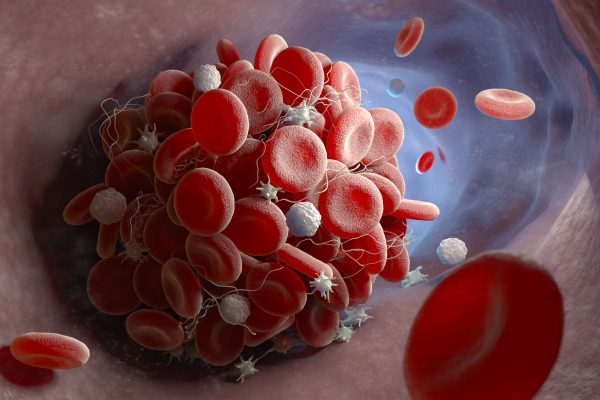
According to a recent study published in JAMA, patients prescribed for anticoagulation therapy, apixaban, beyond 90 days post hospitalisation for recurrent venous thromboembolism (VTE) showed a lower hospitalisation rate for VTE compared to warfarin beyond 90 days.
Anticoagulant treatment for at least 90 days is recommended for managing VTE. However, limited evidence exists about the efficacy of different available oral anticoagulants.
The exploratory retrospective study used the data of 64,642 adults receiving oral anticoagulation after hospitalisation discharge for VTE and continuing treatment beyond 90 days. The study’s primary outcomes were hospitalisation for recurrent VTE and hospitalisation for major bleeding. All patients were followed up after the end of 90-day treatment until treatment cessation, outcome, death, disenrollment, or end of available data.
The retrospective study included patients who were prescribed apixaban (n=9,167), rivaroxaban (n=12,468), and warfarin (n=43,007). The patients were followed up for a median of 109 and 108 days for recurrent VTE and major bleeding outcomes, respectively. Patients treated with apixaban showed a significantly lower incidence rate of hospitalisation for recurrent VTE than warfarin (9.8 vs 13.5 per 1,000 person-years; HR, 0.69 [95% CI, 0.49-0.99]). However, these differences in incidence rates were not significantly different between apixaban and rivaroxaban or rivaroxaban and warfarin.
The hospitalisation rates for major bleeding rates were 44.4 per 1,000 person-years for apixaban, 50.0 per 1,000 person-years for rivaroxaban, and 47.1 per 1000 person-years for warfarin. The corresponding HRs were 0.92 (95% CI, 0.78-1.09) for apixaban vs warfarin, 0.86 (95% CI, 0.71-1.04) for apixaban vs rivaroxaban, and 1.07 (95% CI, 0.93-1.24) for rivaroxaban vs warfarin.
The results of the exploratory analysis demonstrated lower incidence rates of hospitalisation for VTE with apixaban vs warfarin beyond 90 days.
Reference